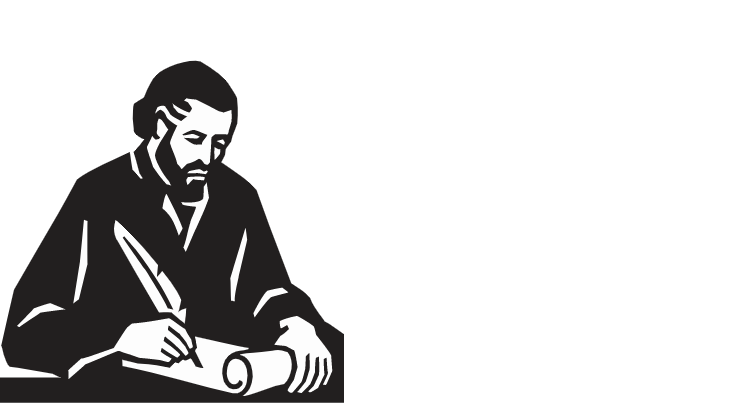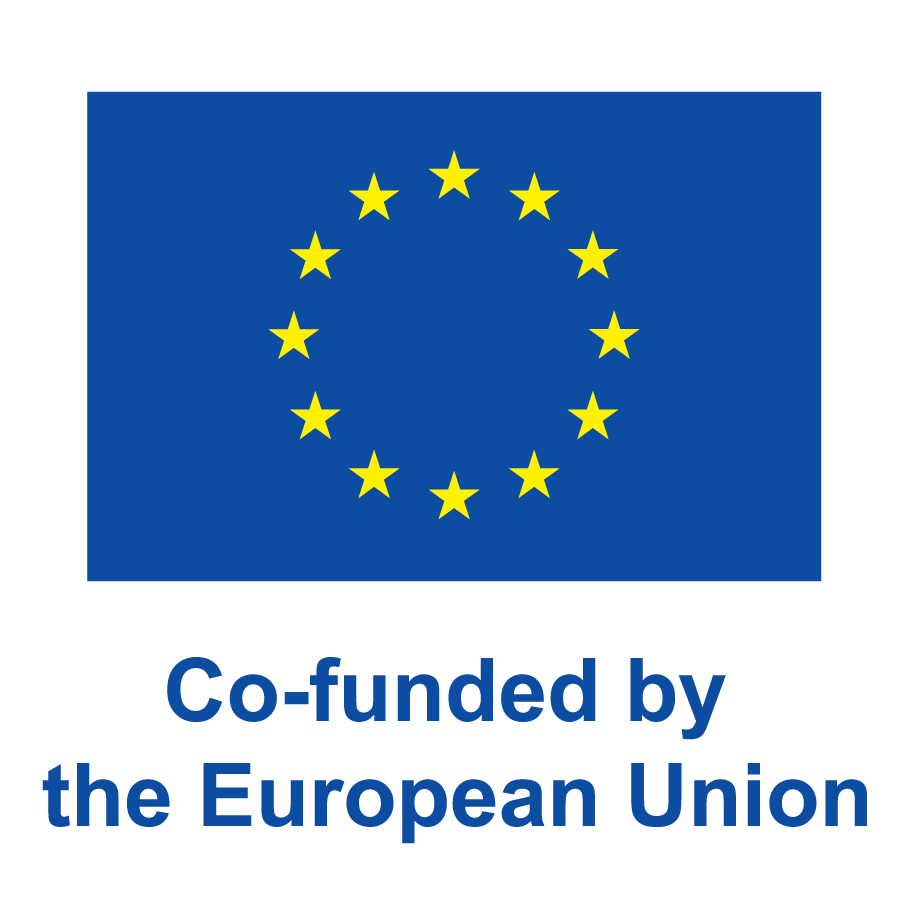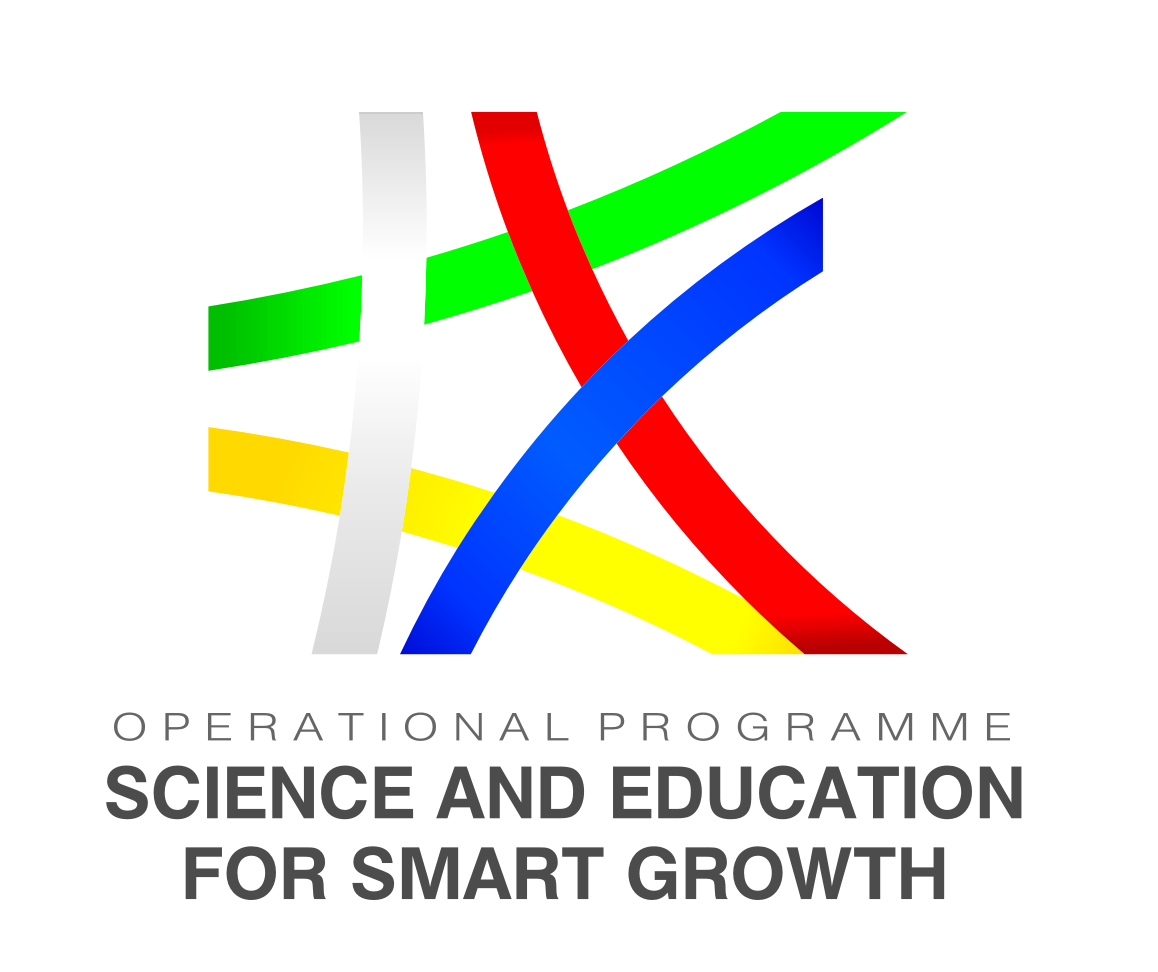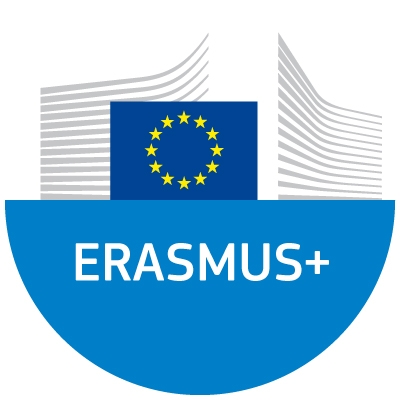Automobile technologies
Professional field: Mechanical engineering
Educational qualification: bachelor
Professional qualification:bachelor in automobile technologies
Period of study: 6 semesters (3 years)
Forms of study: regular
Evaluation scoring: see annex #4
The study process in the specialty “Automobile technologies” is realized through study plan, in accordance to the state regulations, study programs and semester study schedule. The study curriculum successfully implements the educational goals for competences and skills the future graduates would acquire.
The study curriculum for the specialty “Automobile technologies” has been developed in accordance to the curriculum plans of Bulgarian and foreign higher education institutions, training students in the same or similar specialties as well as in accordance to the demands of the main employers in the state and the region; allows future graduates to improve their qualification by providing them opportunities for higher educational degrees.
Specialty's main aim is preparing students for higher educational degree or work with guaranteed professional success in the field of automobile technologies.
Specialty's curriculum includes basic theoretical and practical skills. Students are trained for gaining significant knowledge and skills in the fields of automobile technologies. They could be separated into three technologies: theoretical knowledge, practical and additional skills.
Specialized eligible disciplines for the specialty “Automobile technologies” are divided into 3 sections, each of them with two specialized modules.
SECTION 1 MODULE A
Testing of automobile technologies
Students would know: basic methods for automobile testing; technical tools, equipment and testing norms. Students would be able to: perform testing of automobile elements and joints; choose technical devices and equipment.
Service instruments and equipment
Students would have knowledge about: the order of performing operations for detecting dysfunctions, recovering the technical stage and testing of automobiles; functional capabilities of equipment used in service activities. Future graduates would be able to find and recover dysfunctions; choose and use service equipment; organize production cycle in automobile service activities.
Technology of production and assembling transport technique
Students would have knowledge about: basics of automobile technologies; typification of technological processes of automobile production. Project various applications for the machines.
SECTION 1 MODULE B
Electrical motion
Students would learn basic principles of electrical motion at the automobiles; basic characteristics of various electrical units; components of electric motion. They would be also able to make competent choices regarding the basic parameters of electrical motion and its units.
SECTION 2 MODULE A
Exploitation materials and ecology
Student are trained in: methods for production of automobile fuels and their characteristics; methods for making motor and transmission oils and their characteristics; influence of automobile's
exploitation over the environment. Future graduates would be also able to evaluate the octane rating of gasoline and the cetane rating of diesel fuels; organize float of fuels, oils, grease, and technological fluids in the automobiles.
Reliability of automobile technologies
Students would know indexes for automobile reliability as well as they would be to evaluate longevity and opportunities for fixing of automobile details, joints and other units.
SECTION 2 MODULE B
Hybrid automobiles and electrical vehicles
Students would know classifications of hybrid automobiles and electrical vehicles, their parameters and packaging system, characteristics, power and moment of force. Future graduates would be also able to analyze and compare hybrid automobiles and electrical mobiles of various classes, as well as choose their aggregates.
SECTION 3 MODULE A
Contemporary materials in automobile production
Students would gain contemporary exploitation materials in automobile production, their qualities and the methods for processing and quality control. Future graduates would be also able to maintain correct quality and economical choose for materials application, choose methods for maintenance and fixing, as well as to control production technologies in accordance to the technological requirement.
Technological projecting of auto-transport enterprises
Students would have competences for: types of transport firms and their production functions; organization of technological process and technical service of automobile technique; technological projecting of economic units for vehicle fixing and service; making technological projects for defining production programs of ongoing fixings and vehicle technical service; perform organizational tasks during fixing and vehicle service.
SECTION 3 MODULE B
Power supply systems for electrical vehicles
Students would gain competences in: parameters and characteristics of various power supply systems, their components and technological abilities. They would be able to: analyze and compare similar systems, define their effectiveness and applicability by concrete types of electrical vehicles.
The specialized practical training is formed in three disciplines:
Study practice I and II
Students would gain knowledge in: overall constitution and act of various mechanisms and installations using internal combustion engines, power mechanisms, operational systems and chassis; regulations and centering of ICE mechanisms and installations, power mechanisms, operational systems and chassis, as well as practical diagnostics of various auto transport technologies. Future graduates would be qualified for performing fixing manipulations over automobile transport, use diagnostics equipment by performing control and regulations.
Study practice III (Computer systems for automobile diagnostics)
Students would be familiar with: methods of work organization at service and diagnostics facilities; types of equipment, devices and instruments used during diagnostics and service manipulations over the automobiles. Future graduates would be capable of: choosing diagnostics equipment and devises; perform basic diagnostics operations.
Professional bachelors in automobile technologies are trained to perform production, technological, exploitation, diagnostics, service, fixing as well as organizational and management activities in all spheres of this specialty. Future graduates could find their professional realization on positions related to:
*exploitation organization, service and fixing auto technologies;
*diagnostics of auto appliances, units and joints
* organization of service enterprises, expenses, exploitation materials and spare parts
* cargo and passenger auto transport organization
* traffic organization and safety.
After graduating this specialty, students could continue their education for the educational and qualification degree “Master” at other higher school education institutions.
Last update 13 February 2024










